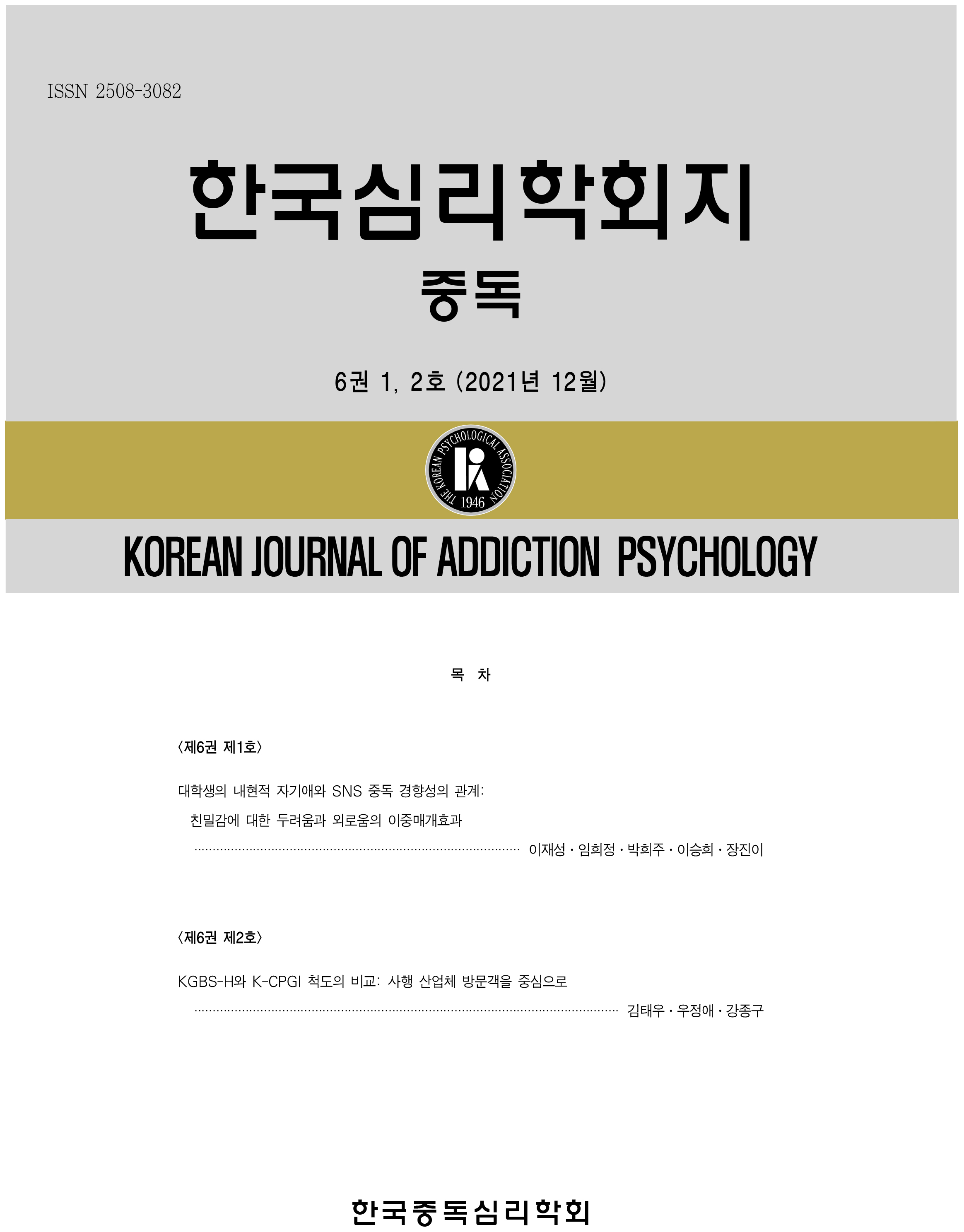Korean Journal of Addiction Psychology
- Log In/Sign Up
- P-ISSN2508-3082
 ISSN : 2508-3082
ISSN : 2508-3082
Meta Analysis on the Effect of Youth Non-smoking Group Program: Based on Comparison Analysis of the CBT & MI
Sung-Man Shin (Handong Global University Counseling Psychology)

Abstract
This study verifies the difference of the program effectiveness and regulation effects by moderator variables among three programs which ate developes as the non- smoking group programs for youth: the Cognitive-Behavior Therapy(CBT), Motivational Interviewing(MI) and Motivational Interviewing and Cognitive-Behavior Therapy(MI-CBT). To this end, all the domestic papers and thesis about the programs of youth non-smoking group are reviewed from all studies published in Korea until May, 2015 from the time the data base, 19 of them are selected and meta-analyzed. The result are as below. firstly, the average value of effect size of 72 samples from 19 studies is 0.773. This value is middle. Secondly, the cognitive variables which is related to smoking behavior has the largest average value of the effect size among the dependent variables. Thirdly, CBT and MI-CBT has the large effect size whereas MI has the middle effect size about the amount of smoking which is one of major dependent variables. In the case of other dependent variables such as smoking factor and self-conception, there is no significant differences among the three programs. Fourthly, difference of effects which is depend on property of recipient and property of operating constitute the group programs are statistically insignificant. From these results, this paper covers the implications for the development of non-smoking program for youth which is based on the CBT and MI.
- keywords
- Non-smoking, Group Program, CBT, MI, Meta-Analysis, Youth
- Submission Date
- 2016-09-25
- Revised Date
- 2016-11-18
- Accepted Date
- 2016-12-03
- Downloaded
- Viewed
- 0KCI Citations
- 0WOS Citations
